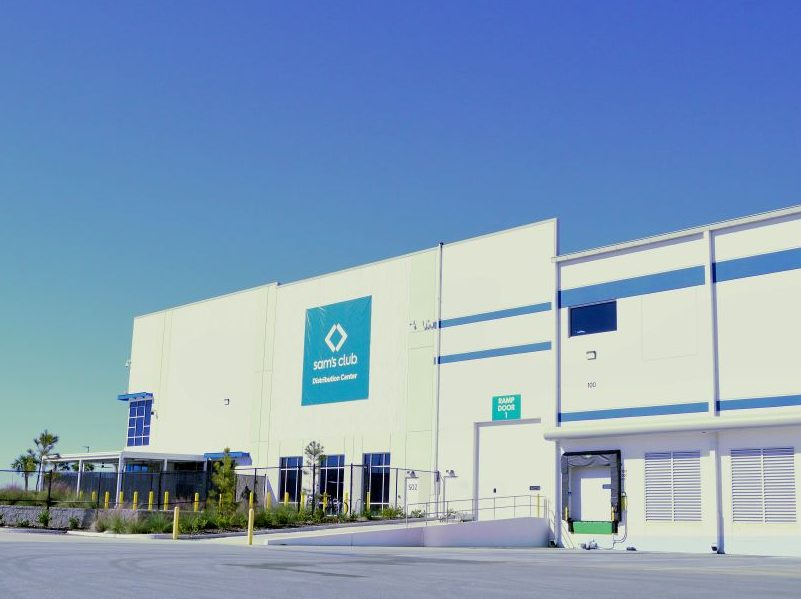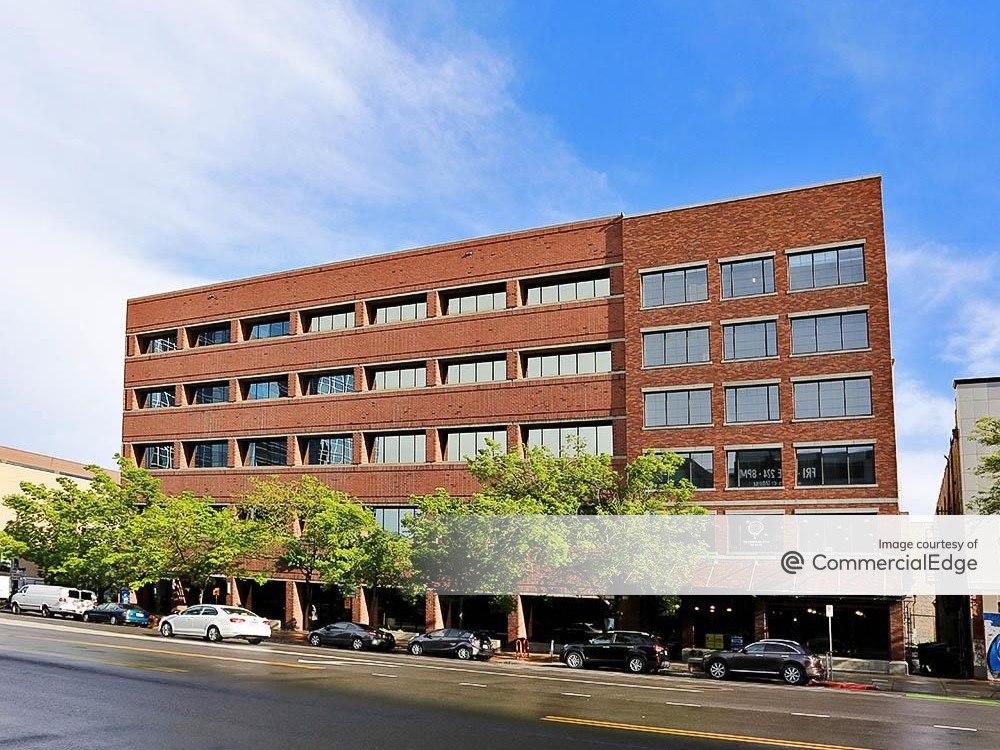What Life Companies’ Faith in Industrial Means for Borrowers
It’s a sponsor’s market, but there’s more to the story, observes Tim Storey of Gantry.
As we move into the homestretch of 2021, life company lenders continue to prioritize industrial properties as their primary non-residential lending target, and qualified borrowers stand to benefit.
Multifamily is a primary asset class with its own set of fundamentals and attractive qualities, but lenders recognize that industrial properties have become the home of the modern economy’s primary engines: logistics and e-commerce. They know that is not going to change.
For institutional quality industrial assets, this is a key indicator that performance is anticipated to meet servicing goals for the life of these 10- and 15-year loans.
Current life company rates for these long-term loans are incredibly aggressive with spreads holding in the low 100s over treasury rates. In fact, Gantry just locked rate during closing on a 10-year, full-term, interest-only loan in the mid 2 percent range. That’s incredibly attractive pricing for a legacy hold. With the abundance of capital chasing a finite universe of deals motivating a steep rise in asset valuations and compressing cap rates at acquisition, financing becomes the key element to investment performance in a heated market.
So how should this be informing borrowers? We remain in a period of generationally low interest rates, and life company lenders offer the opportunity to forward rate lock at the time of origination. We have seen indicators that rates may be climbing into 2022, and while that shift has not been dramatic or sustained, this should be a motivation during Q4 2021.
It feels like there are signs pointing to this rise in treasury securities, and that must be acknowledged from a macro-economic perspective. Recently, however, we did see a minor spike down, so the verdict is not in. For the asset class, spreads are competitive for lenders to do more industrial of any type. It’s a sponsor’s market. Demand for industrial loans for their balance sheets will continue to generate lender competition, and the asset class is relevant to active 2021 allocation targets.
No doubt, institutional quality assets are getting the best pricing, as life company lenders are most active in the Class A and Class B asset space. Older Class C assets in a prime location, however, will still get attention at low leverage. The key to securing interest from a life company is their preference for low LTV, with lenders in this space looking at deals at 65 percent or below, with the absolute best rates and terms looking for placements in the low to mid 50 percent. For investors looking to acquire or refinance for a legacy hold, life company debt will remain the favored option for best of class rate and terms. The way they underwrite, however, means they are not taking tremendous risk to get to their preferred returns.
Life Companies vs. CMBS
For borrowers looking for higher leverage, CMBS will provide a solution at higher LTV or LTC, moving the needle to 75 percent. The distinctive difference will be in the pricing on these higher loan proceeds. To borrow more money, rates will be higher, most likely in the low 3s. These lenders will also be able to finance lesser quality and aging assets in the secondary territory markets, making CMBS the best option where asset quality is not appealing to life company lenders. These loans are generally 10 years, and terms can be similarly generous with fixed-rate, interest-only options. The higher the leverage, however, the lower number of years interest-only payments are available, shifting to 30-year amortization after that.
No doubt, life company and CMBS debt are distinct with different options meeting different demands from different leverage thresholds and underwriting priced accordingly. Borrowers should expect their mortgage banking representative to tailor the best outcome for their desired leverage targets and investment goals. Clearly, life company and CMBS remain the most viable options for getting deals done that meet long-term, legacy investor requirements. Remember, in a heated market, the financing will make all the difference.
Tim Storey is a principal in Gantry’s Phoenix office.








You must be logged in to post a comment.